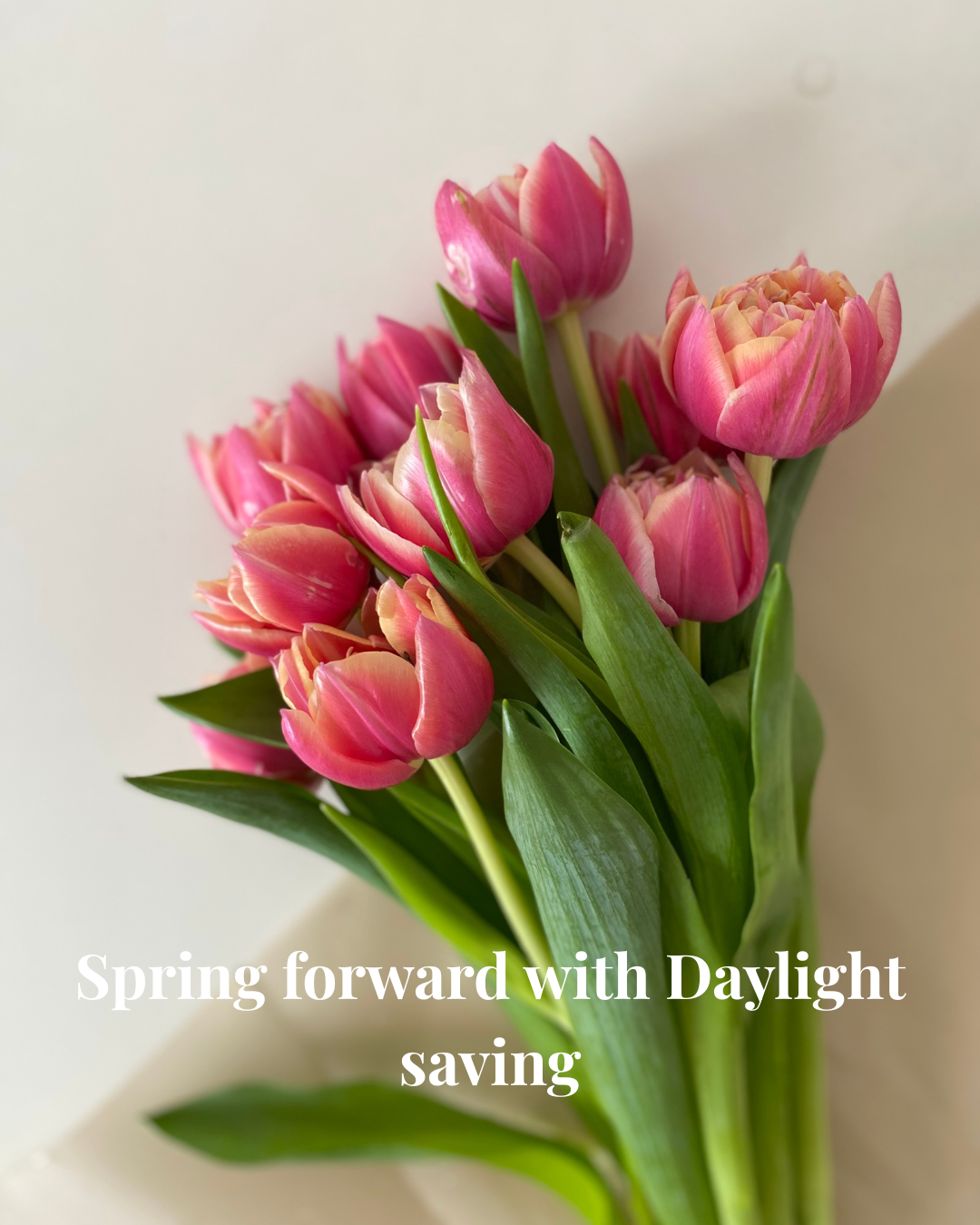
Sleep struggles change with every age, here’s how to handle them
Daylight saving is an exciting time as the days get warmer, longer and brighter and it means we are finally out of the wintry blues and bugs that we've all been tied down with!
It does however, mean that we lose an hour of sleep and this takes time for our bodies to adjust - just for a a few days to a week max. The good thing is you can start preparing yourself and your children for daylight saving early.
Newborns 0-3months
- Most newborns will not notice the difference as they are still learning to regulate their body clock. Focus on keeping nap and feed times consistent rather than the actual time.
- Remember to take care of yourself, eat protein rich nourishing foods, drink lots of water, nap when the baby naps and relax. Everything else can wait but your needs cannot, prioritise looking after yourself.
Babies 3-12months
- Are starting to develop stronger body clocks, adjust their naps and bedtime 15minutes earlier 5 days leading up to the daylight saving change. Get lots of natural morning light and dim the lights earlier at night.
Toddlers and young children 1-5years
- Are most sensitive to time changes so expect grizzliness or an extra burst of energy at bedtime for a few nights. Keep the bedtime routine consistent, dinner, dishes, bath, teeth, books, cuddles, songs.
- Use blackout curtains or stick something over the windows for a week as they adjust. Introduce a nightlight with a soft red light or white light for more comfort and to help signal sleep.
Older children 6-12 years
- They'll adjust faster but will likely argue due to it still being light outside. Again, light exposure is important. Get them outside first thing in the morning and burning energy throughout the day to help reset their body clock.
- Turn off the bright lights earlier at night, no screens before bed and use a nightlight and soothing sounds if you don't already.
Teens
- Already battling late sleep schedules and late wake ups.
- The key with teens is body movement throughout the day, quality restorative foods (protein, fruits, water) and limited screen time before bed. The bright blue light from screens keeps your teen awake when they should be sleeping.
Adults
- We'll adjust within a few days but it can impact our mood, focus and productivity. Be kind to yourself, we know this is coming and can expect it. Continue your normal routine, go to sleep earlier (early to bed means early to rise) avoid caffeine late in the day and remember too much alcohol before bed can steal the quality of sleep.
Good Luck with the change, let me know in the comments how you get on!
~ Althea
